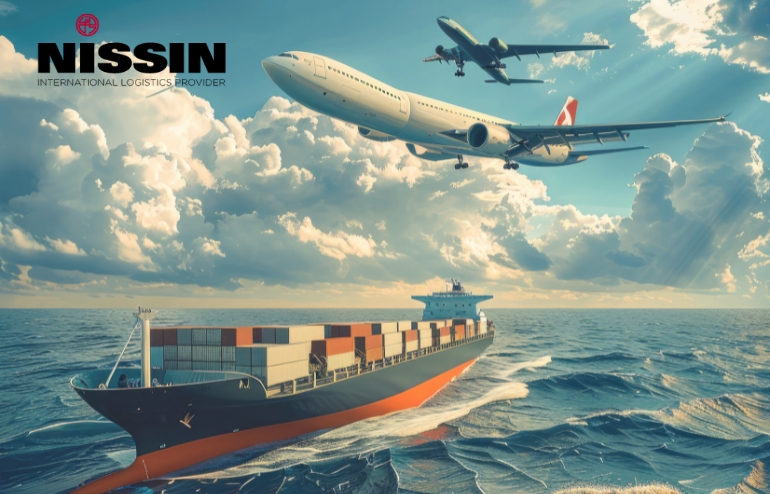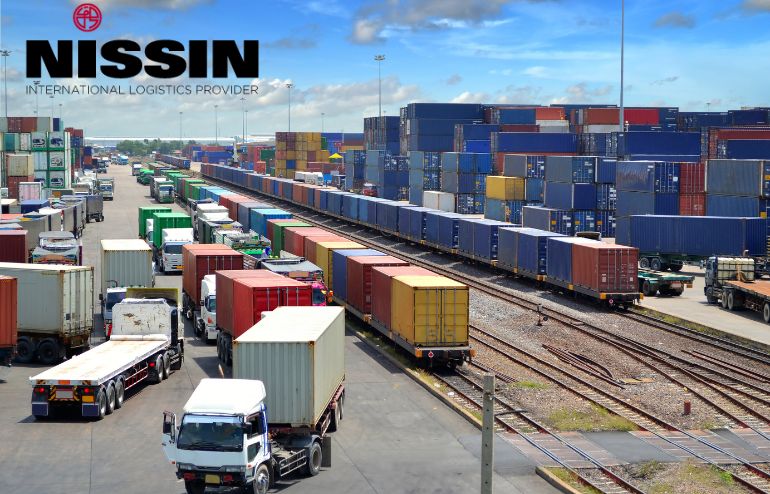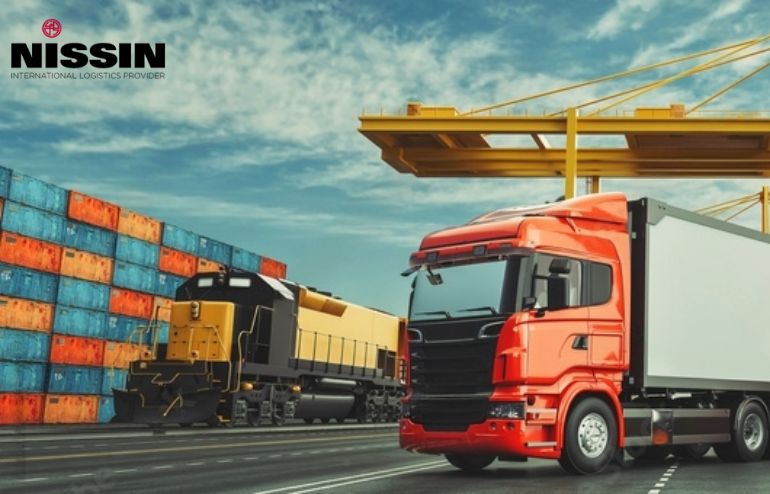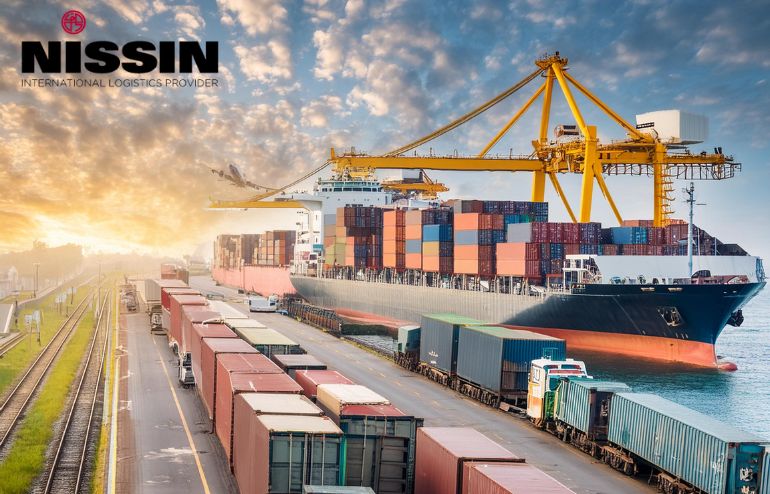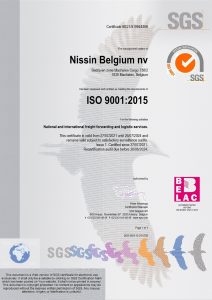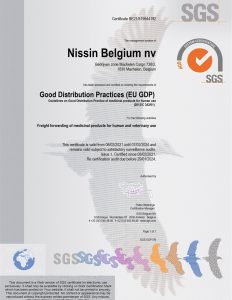How do you choose between ocean freight forwarders and air freight forwarders for your business?
With global logistics constantly evolving, choosing between ocean and air freight can significantly impact your bottom line.
Likewise, this blog will illuminate the key differences between these two major shipping methods and help you understand which meets your specific needs.
How Different is Ocean Freight from Air Freight?
Ocean freight and air freight represent two major international shipping methods, each with unique advantages and drawbacks. Knowing their differences can help you select the most suitable method for your specific needs.
Comparison Table:
| Aspect | Ocean Freight | Air Freight |
|---|---|---|
| 1. Capacity | High (suitable for large volumes) | Lower (ideal for smaller, high-value items) |
| 2. Cost | Generally lower | Generally higher |
| 3. Frequency of Service | Less frequent, scheduled sailings | More frequent, daily or weekly flights |
| 4. Cargo Type | Suitable for a wide range of cargo, including heavy and bulky items | Ideal for lightweight, high-value, or time-sensitive cargo |
| 5. Environmental Impact | Lower per unit of cargo | Higher per unit of cargo |
| 6. Transit Time | Longer (weeks to months) | Shorter (days to a week) |
| 7. Security | Moderate, with varying levels of security | High, with stringent security measures |
Ocean Freight Forwarders: Strengths and Benefits
Ocean freight forwarders are advantageous for large shipments because of their cost efficiency. They are ideal for transporting bulky and heavy items, from industrial machinery to raw materials. Additionally, ocean freight is more eco-friendly per cargo unit, which benefits businesses focused on reducing their carbon footprint.
Air Freight Forwarders: Strengths and Benefits
Air freight forwarders excel in delivering time-sensitive and high-value shipments quickly. They provide rapid transit times, often within a few days, and offer superior security with strict monitoring protocols. The reliability of frequent flights ensures that businesses can maintain smooth operations and meet tight deadlines.
How Do I Choose a Good Freight Forwarder?
When choosing a freight forwarder, it’s crucial to evaluate several factors to ensure they meet your specific shipping needs. Here are key considerations to help you make an informed decision:
Industry Expertise: Look for a forwarder with experience in your industry who can handle your cargo efficiently.
Reputation and Reliability: Check their track record for timely deliveries and overall service quality.
Carrier Network: Make sure they have a strong network of carriers for better shipping options.
Customer Service: Evaluate their support and communication to handle any issues effectively.
Transparency of Charges: Review their pricing structure and compare estimated charges per kilo to ensure good value.
Client Testimonials: Read reviews or testimonials to gauge past customer satisfaction and service quality.
Additional Considerations for Ocean Freight Forwarders
One key advantage of ocean freight is its flexibility in handling various types of cargo. Moreover, ocean freight can more readily accommodate oversized and heavy goods. This flexibility allows businesses to transport a wider range of products, making ocean freight a versatile option for diverse shipping needs.
Choose the Right Ocean Freight Forwarders with Nissin Belgium
Choosing between ocean and air freight forwarders depends on your shipment’s size, urgency, and budget. Nissin Belgium stands out by offering exceptional services in both areas.
To ensure you make the best choice, contact Nissin Belgium at +32 2 751 44 99 or email HowCanIHelpYou@be.nissin-eu.com with your requirements.


